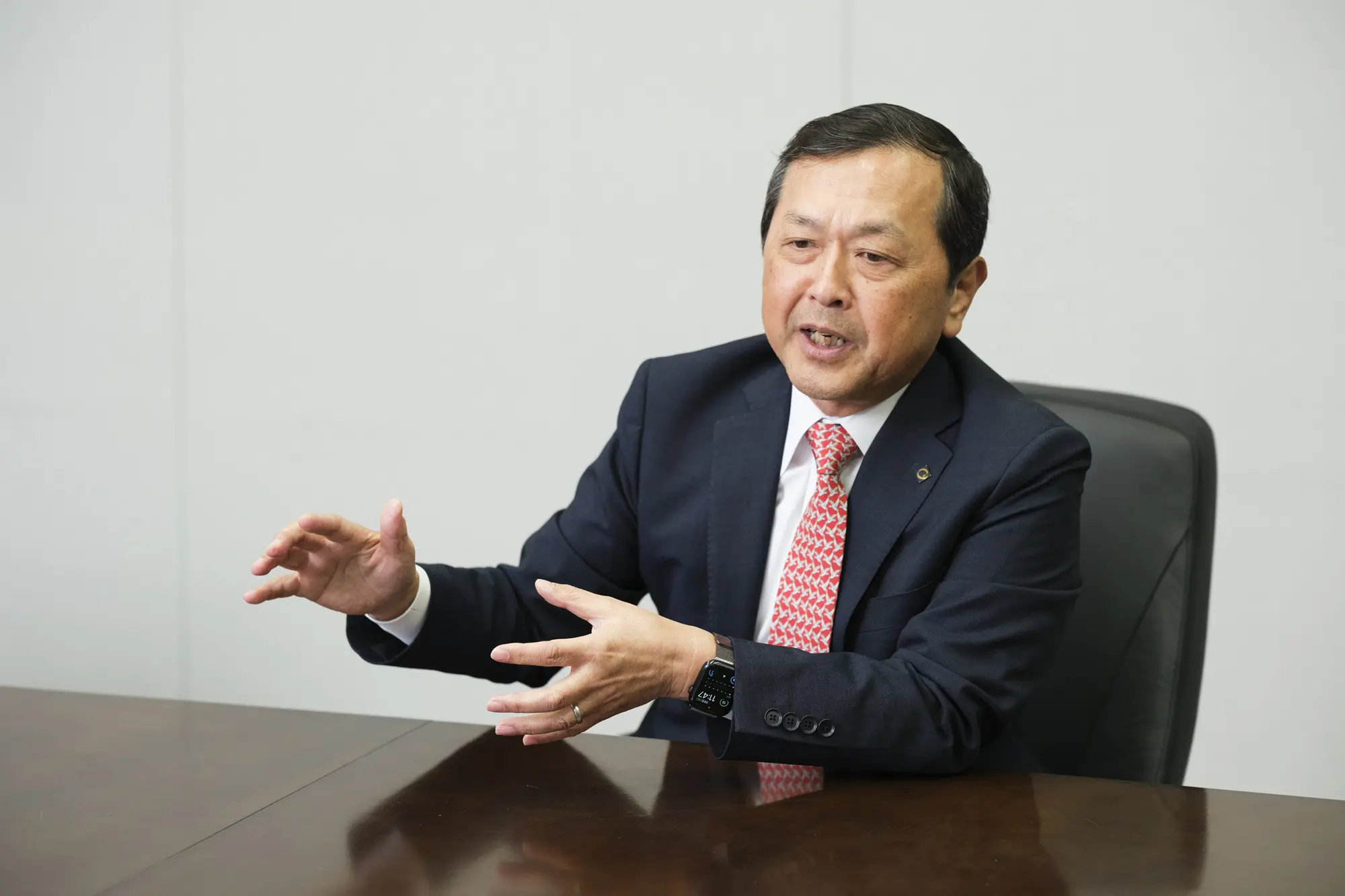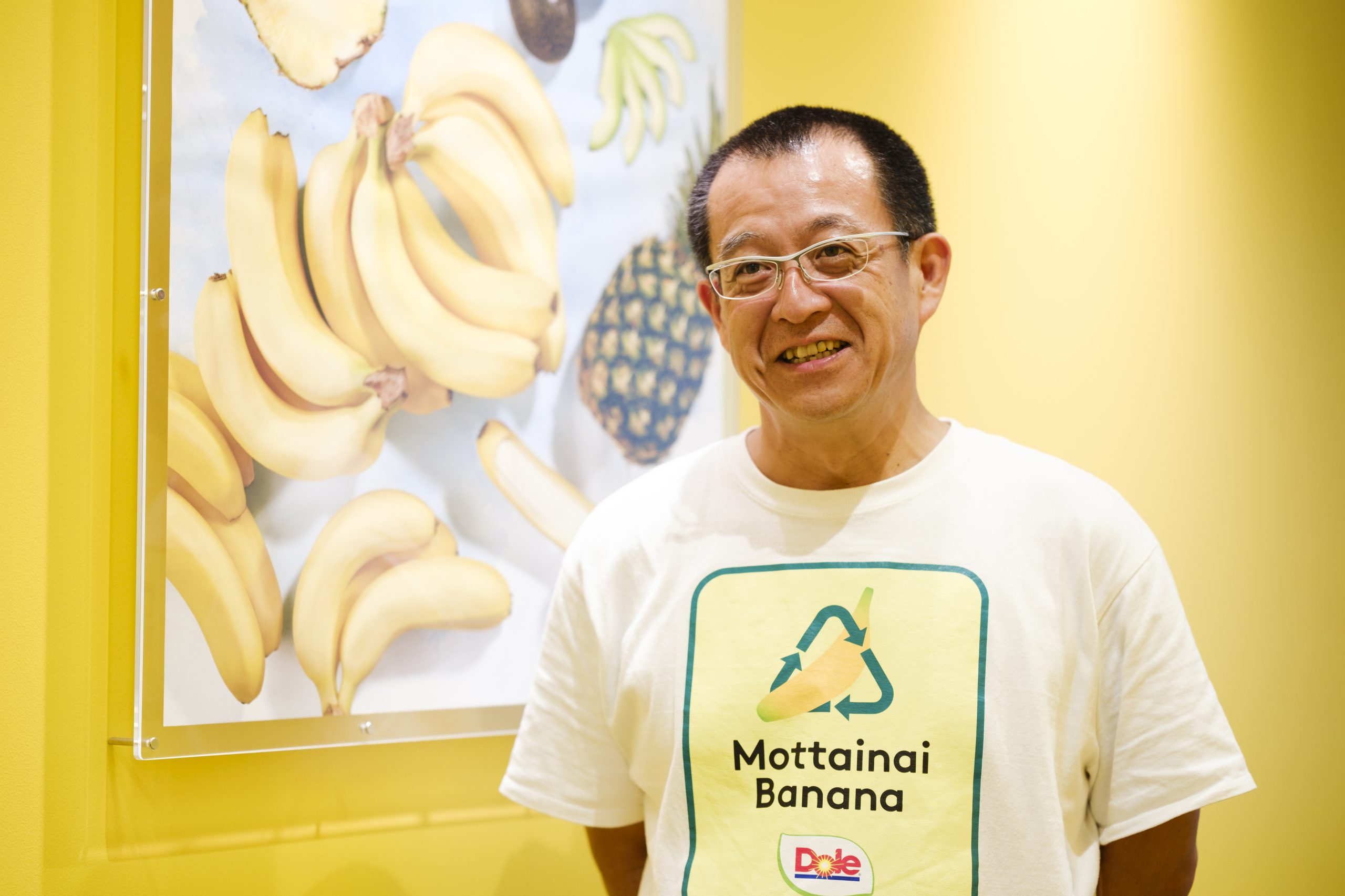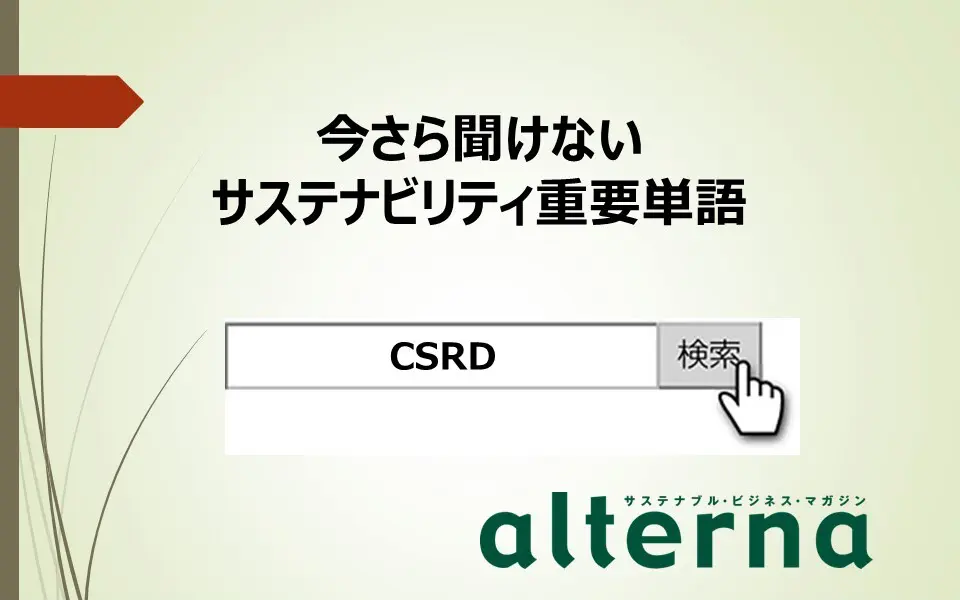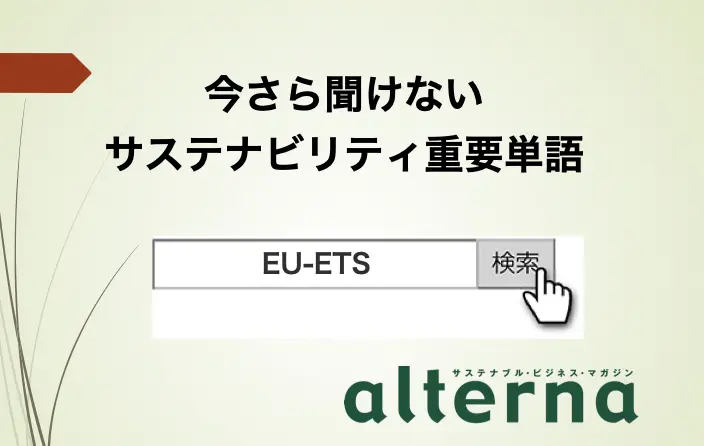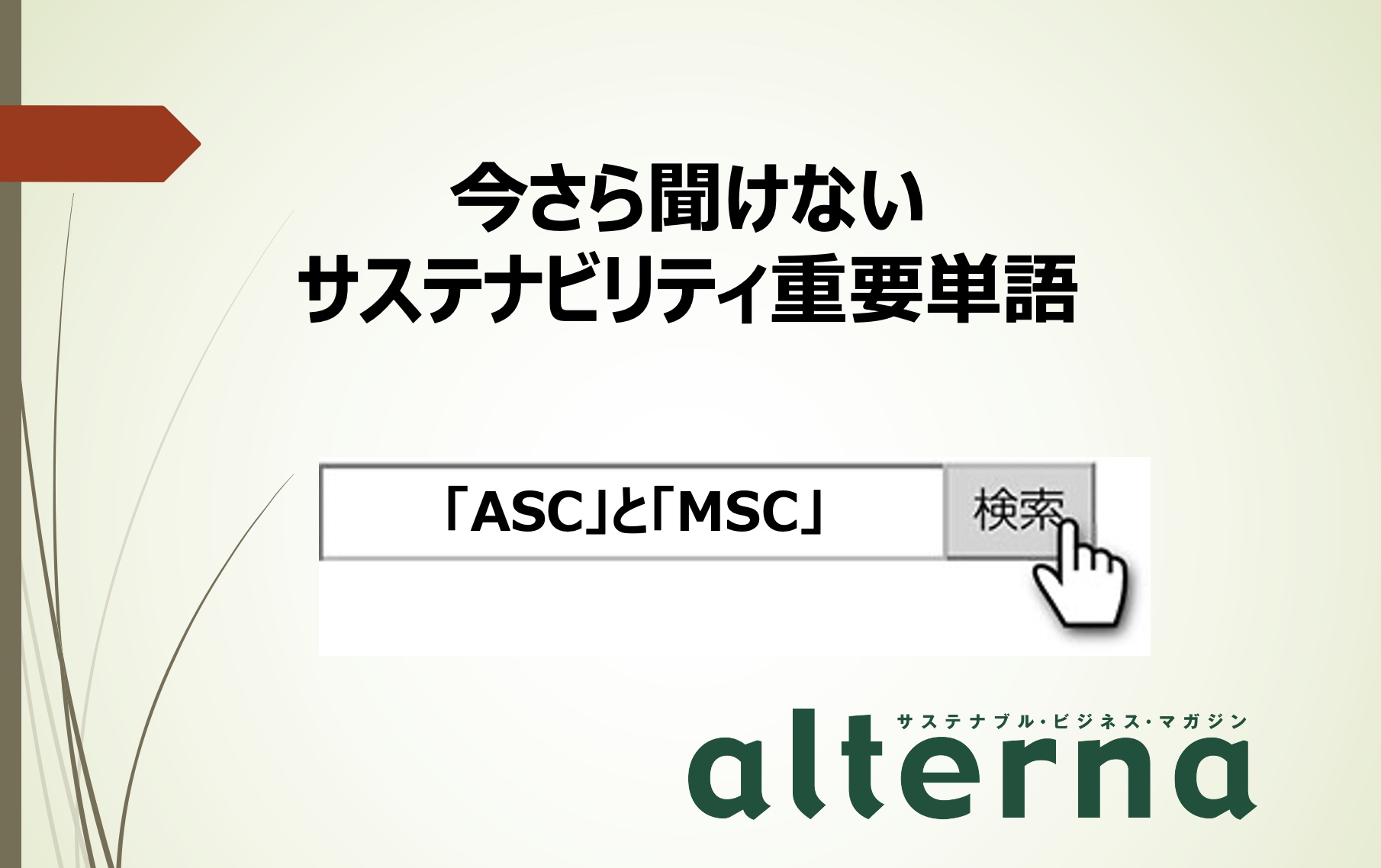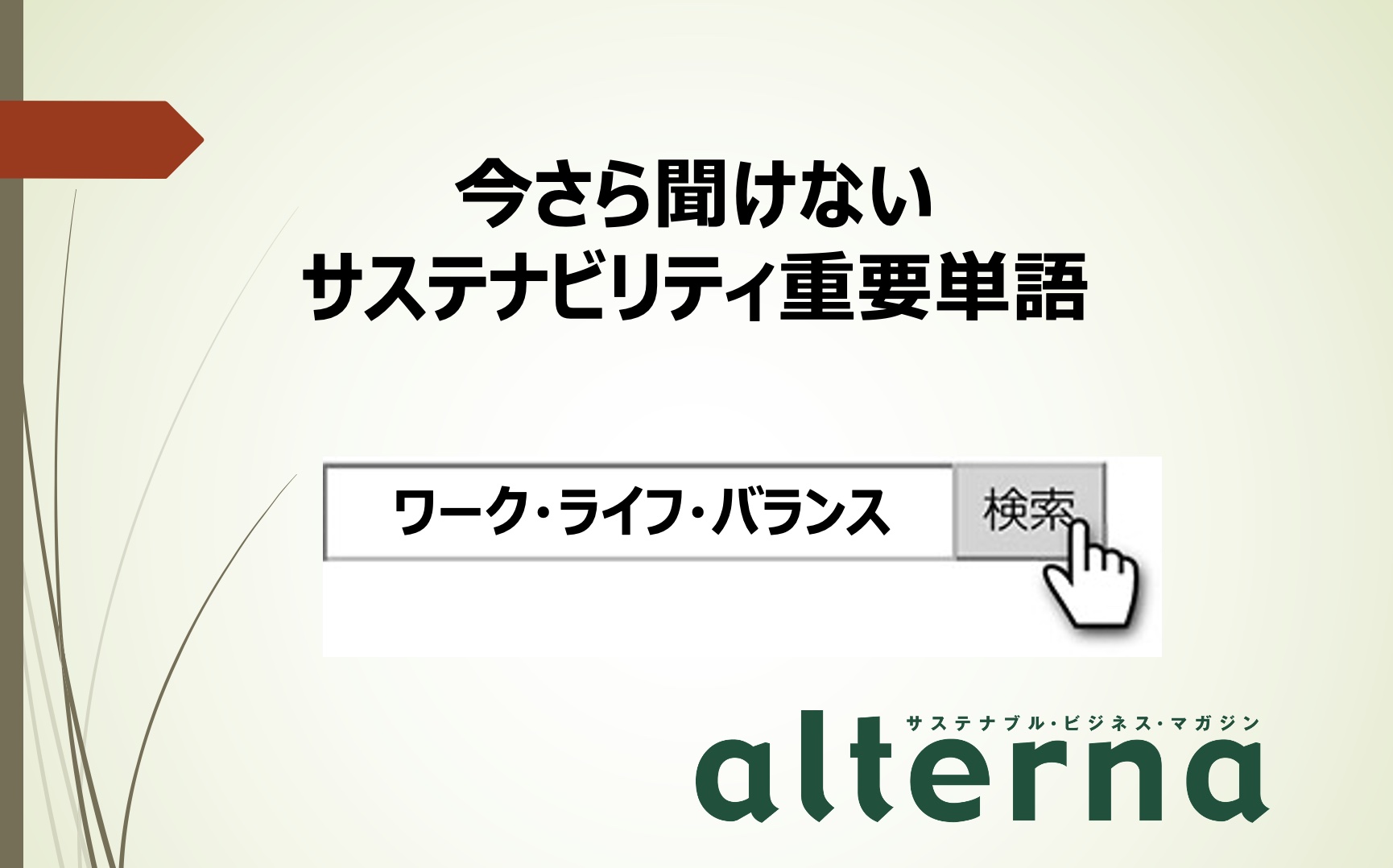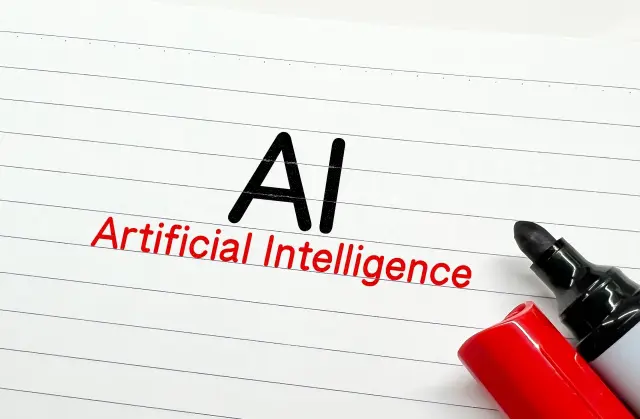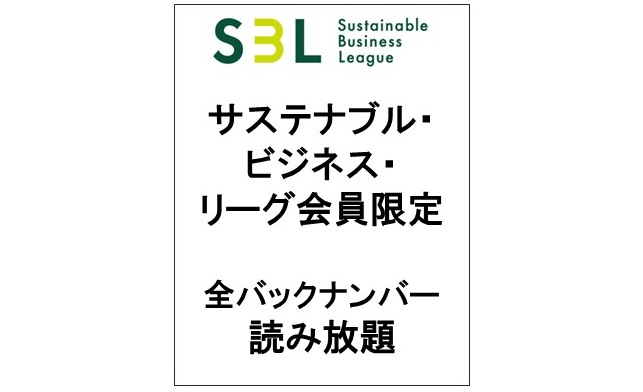■オルタナ式英単語:How has the Role of Corporations in Society Changed?■
紅葉が日に照り映え、笑顔の家族連れが行きかうさまに、「あたりまえの毎日」のありがたみを感じる今日この頃。皆さんいかがお過ごしでしょうか。
今月はLesson 2 “How has the Role of Corporations in Society Changed?”「社会における企業の役割はどう変わってきたか」を取り上げます。本チャプターのなかでもコアとなる部分です。「どう変わってきたか」を考えることは、「これからどう変わるのか/どう変わるべきか」を問うことにもつながります。
全体的にやさしい英語で書かれていますので、ぜひ参考にして、ご自身で説明してみてください。
【語注】
ordinance 条例
social welfare 社会福祉
public investment 公共投資
financial resources 財源
civic 市民の
complement 補完する
workforce 労働人口
emit 排出する
pollutant 汚染物質
mine 採掘する
improper 不適切な
habitually 習慣的に
flout 無視する
regulation 規則
mitigate 軽減する
Our society consists of various organizations which have various roles. First of all, Japanese government and local governments, which shape the structure of society, are to make laws and ordinances, which are the rules of society. In addition, they are also responsible for social welfare and public investment by using taxes as the main financial sources. There are many civic organizations in society that complement the role of the government.
【訳】
社会は多様な組織がそれぞれの役割を担って構成されています。まず社会の仕組みを形作る政府や自治体は社会のルールである法律や条例を作り、税金を主たる財源にして社会福祉、公共投資を担います。社会には行政の役割を補完するような市民組織も多く存在します。
Ordinanceは「条例、慣習、命令」を意味しますが、契約書などでは laws and ordinances (「法令」)という形で用いられることが一般的です。
企業の経済活動には「負の側面」も
So, what is the role of corporations? Needless to say, in today’s society, companies are the main players in economic activities as they generate profits by providing products and services using stocks and loans as the source of funds. More than 80% of the Japanese workforce are employed by companies. Companies also play a major role in creating jobs and providing wages. Companies and employees pay taxes and donate to NGOs/NPOs. From the standpoint, companies are considered as the supporters of society in terms of economy.
【訳】
では企業の役割は何でしょうか。いうまでもなく、現代社会において企業は経済活動の主たる担い手です。企業は株式や融資を原資にして、製品やサービスを提供し、利益を生み出します。また、日本の労働人口の80%以上が企業で働いています。企業は雇用を生み出し、賃金を提供する大きな役割も担っています。企業や社員は税金を払い、NGO/NPOに寄付をします。このように見てみると、企業は経済面で社会を支える存在であるということができます。
As corporate activities become larger, and more global, other aspects emerge. Companies are not responsible for the pollutants and CO2 emitted from their own factories, but they also make emission of CO2 increase through the consumers’ use of cars and electrical products produced by the companies. They also need to use resources, such as rare metals, to make these products. These resources are often mined by cutting through mountains in developing countries. Thus, global environmental issues such as CO2 emissions and rainforest destruction, which are some of the causes of climate change, are also related to the economic activities of companies once they are traced back to the source
【訳】
企業活動が活発になり、大規模、全世界的になるにつれ、別の側面も現れます。
企業は自らの工場で汚染物質やCO2 を出すだけでなく、生産した車や電気製品を消費者が使うことによりCO2排出量を増加させます。このような製品を作るために、希少金属などの資源を使用する必要もあります。こうした資源はしばしば途上国の山を切り拓いて採掘されます。このように、気候変動の原因であるCO2の排出や熱帯雨林の破壊などの地球環境問題も、元をたどれば企業の経済活動に関係してくるのです。
trace backは「さかのぼる」。似たような意味でdate back, stretch back があります。
途上国では児童労働や強制労働も
It is true that companies play an important role in creating jobs, but improper employment can lead to human rights violations and labor problems. Dishonest companies that habitually flouts labor regulations have become a hot topic in Japan in recent years. There have been many reports of companies that put corporate profits before workers’ rights.
【訳】
企業が雇用を生み出す重要な役割を担っているのはたしかですが、一方で、適切な雇用形態がとられない場合、人権や労働の問題を引き起こします。近年、日本でもブラック企業が話題になっていますが、利益を重視するあまり、労働者の権利を侵害するような例も多数報告されています。
human rights violationは「人権侵害」です。
「ブラック企業」はそのままblack companyといっても一般には通じませんので、内容の説明を補って訳すほうがよいでしょう。floutは「(軽視して)従わない」。
put~before-は、「~を――より優先する」です。prioritize という表現もありますね。
社会的責任は自社にとどまらない
Environmental and human rights issues have become increasingly serious as companies have become larger and more globalized. The international standard ISO26000, Guidance on Social Responsibility, published in 2010, defines social responsibility as “the responsibility of an organization for the impact of its decisions and activities on society and the environment through transparent and ethical behavior.”
【訳】
環境問題や人権問題は、企業の巨大化グローバル化とともに、より深刻な問題になっています。2010年に発行された、国際規格ISO26000(社会的責任に関する手引き)では社会的責任を「組織の決定および活動が社会及び環境に及ぼす影響に対して、と透明かつ倫理的な行動を通じて組織が担う責任」と定義しています。
国際規格ISOについてはChapter1 Lesson7で取り上げました。忘れていたらぜひ復習してください。
In 2011, the European Union (EU) redefined CSR as “a company’s responsibility for its impact on society.” It clarifies that companies have a responsibility to identify, avoid, or mitigate possible negative impacts on the environment and society. There is another aspect of social responsibility of business. Companies are not only required to pursue economic benefits, but also to contribute to social issues such as the Sustainable Development Goals (SDGs).
【訳】
EUは2011年、CSRを「企業の社会に与える影響(インパクト)に対する責任」と再定義しました。企業には、環境や社会に対して起こりうる不都合な影響を同定し、回避や緩和する責任があることを明確にしたのです。また、社会的責任の一環として、企業は経済的な利益を追求するだけでなく、持続可能な開発目標(SDGs)のような社会課題に対しても貢献が求められるという側面もあります。
What is particularly important about this new concept of social responsibility is that it is not limited to the company’s own business operations. According to the redefinition, responsibility extends to a wide range of businessrelated parts of the supply chain, including the mining of natural resources and subcontract factories that the company has no direct control over, as well as the value chain, including the use and disposal of products.
【訳】
こうした新しい社会的責任の中でとくに重要なのは、その責任が、企業の自社内にとどまらない点です。その企業が直接手を下さない資源の採掘や下請けの工場などのサプライチェーン、さらに製品の使用や廃棄も含めたバリューチェーンというビジネスに関係する幅広い部分にまで、責任が及ぶという考え方です。
subcontract factoryで「下請け工場」です。
バリューチェーンとは、マイケル・ポーターが『競争優位の戦略』(1980)で提唱した概念で、「価値連鎖」ともいいます。購買した原材料等に対して、各プロセスで加工、製造、物流、販売・・と価値(バリュー)を付加することを企業の主活動とする考えに基づき、企業活動の工程から強み、弱みなどを分析し競争戦略を立てるというものです。なお、上記主活動に対して、支援活動として人事労務、開発などがあります。
サプライチェーンとは、製品が消費者の手元に届くまでの一連の流れ(調達、製造、在庫管理、配送、販売など)をさします。
気候変動と企業活動の関係について触れたくだりがありましたが、気候変動が一般の人々にとって「自分事」として捉えられるにはどのように発信するべきか、という問題は近年研究者が関心を寄せるテーマでもあります。たとえば Leila Scannell1 and Robert Gifford (2011)“Personally Relevant Climate Change: The Role of Place Attachment and Local Versus Global Message Framing in Engagement” は日本人への発信にも応用可能ですのでぜひ検索してみてください。
今月はここまでです。また次回お目にかかりましょう!



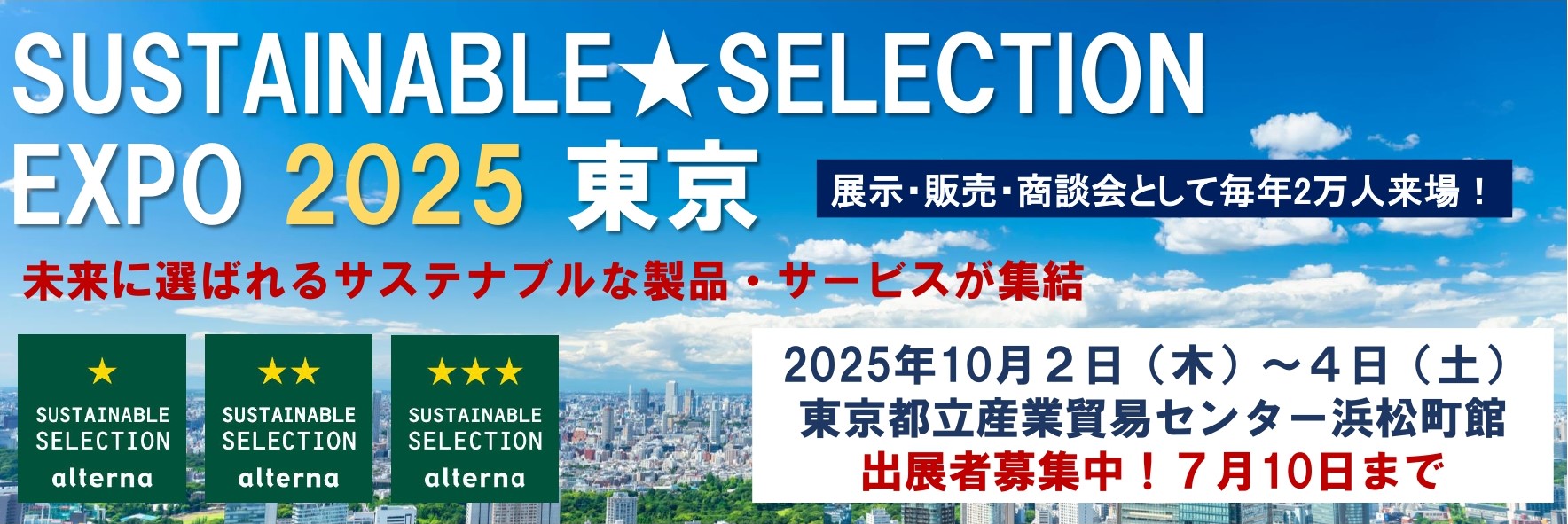


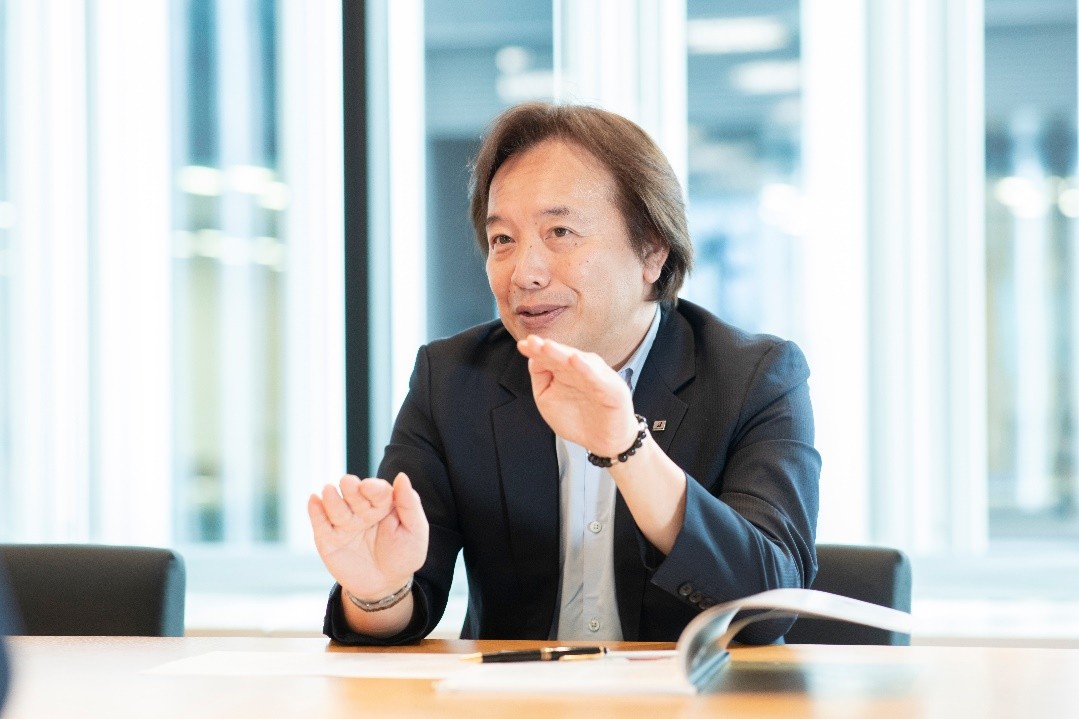

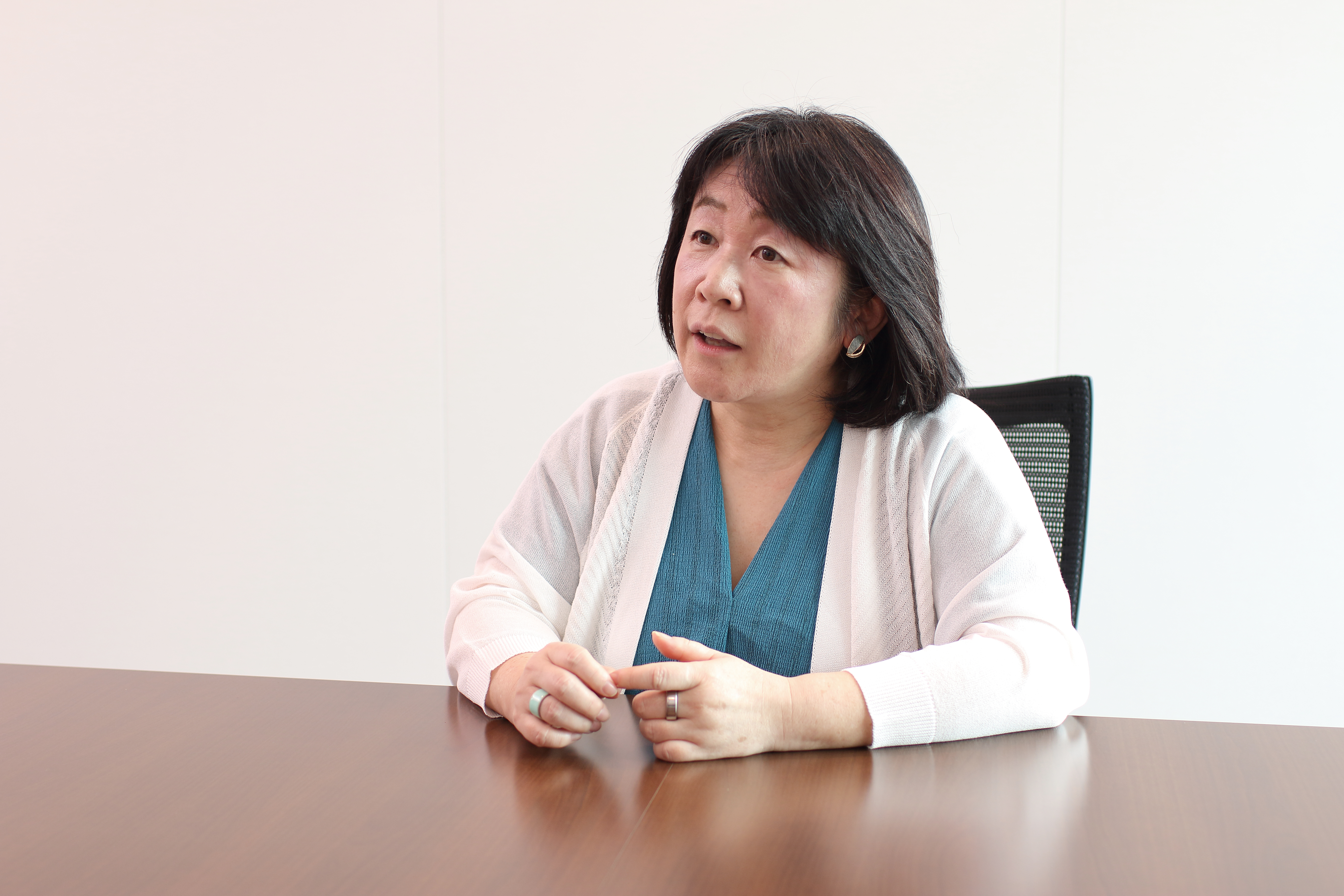
-1-scaled.jpg)
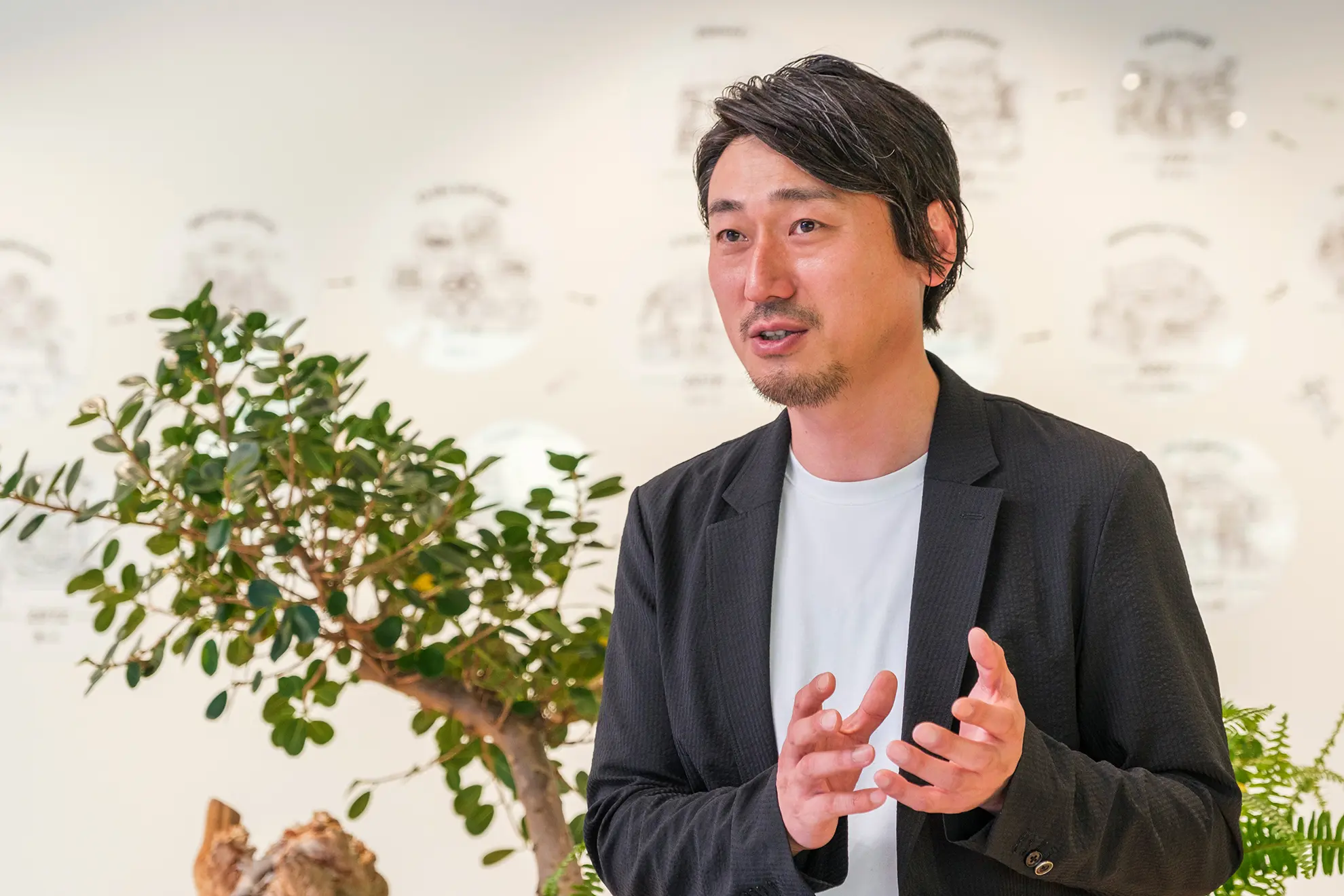
-scaled.jpg)
